Ancient storms could have hurled huge boulders, scientists say – raising new concerns of rising seas

An international team of researchers has come up with a new theory to explain how two giant boulders could have made their way atop a cliff on the Bahamian island of Eleuthera. They suspect it has something to do with the Atlantic Ocean far below them.
New Federal Study: Dredging is harming more endangered fish
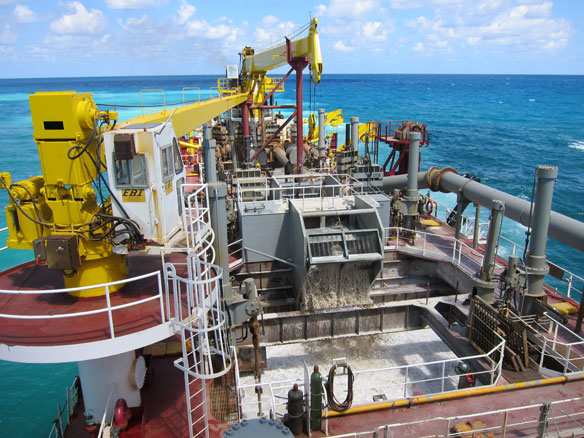
A study from the National Marine Fisheries Service says a few more endangered sturgeon and sea turtles have been killed as a result of the dredging in the Savannah River.
Malibu, CA: Broad Beach Sand Project Costs Jump to $55-60 Million Per Decade
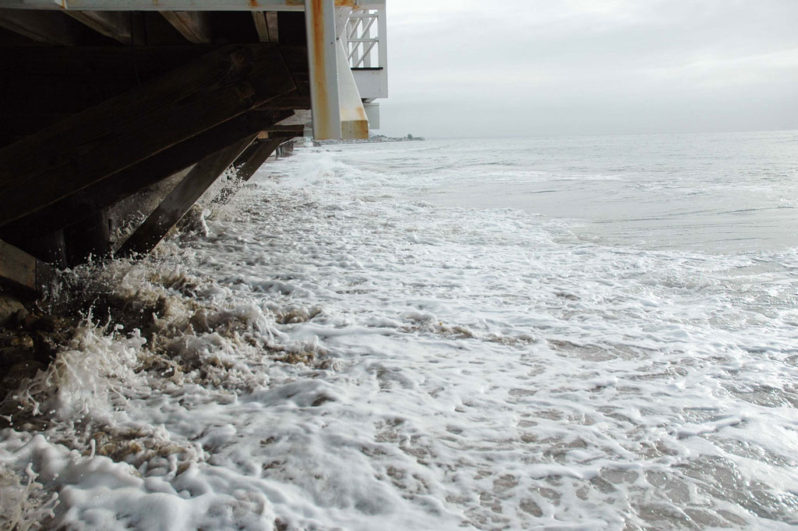
The Broad Beach Geologic Hazard Abatement District (GHAD) is now contending with another set of lawsuits over a project originally estimated to cost about $20 million, which is now estimated to cost $55 to $60 million every 10 years. The project will involve bringing in megatons of sand every few years to restore the disappearing beach and dunes.
How aquaculture is threatening the native fish species of Africa
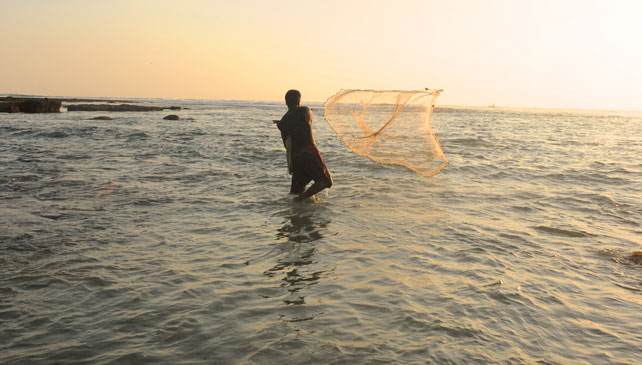
Africa has long looked to fish farming to help feed its burgeoning human population. But scientists are warning that a new aquaculture push is introducing invasive species that could devastate natural ecosystems.
How cities are defending themselves against sea level rise
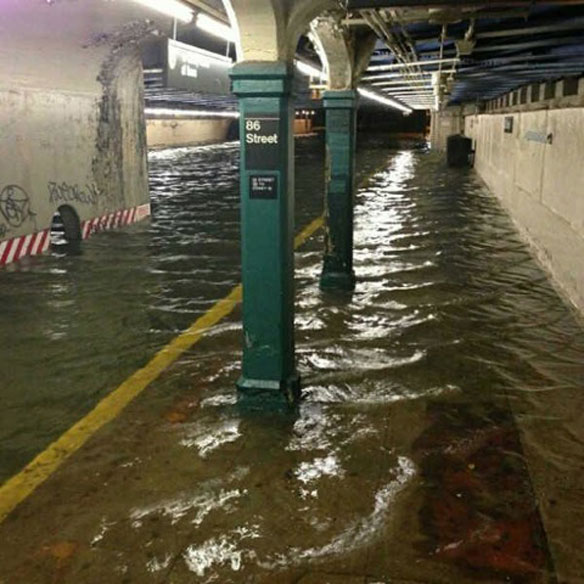
Superstorm Sandy and a series of lesser coastal storms since that 2012 disaster compelled some coastal communities to defend themselves by elevating homes and critical infrastructure, building sand dunes, widening beaches and erecting or raising sea walls. But as sea levels continue to rise around the world, that’s not an option in large cities.
In the Trump era, rising seas still a concern for Defense Department
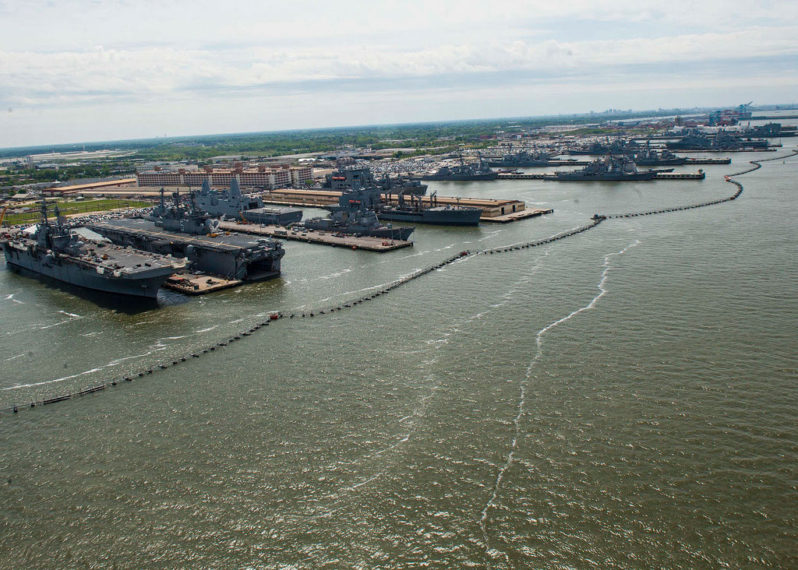
Climate scientists in the federal government have been on the defensive since President Donald Trump took office in January. But military leaders will continue to address the risks that climate change poses to bases and national security, a senior Pentagon official said at conference Friday on sea level rise.
The Quick Demise of B-44

Scientists have long been tracking the retreat of Pine Island Glacier, one of the main outlets where ice from the West Antarctic Ice Sheet flows into the ocean. Attention recently turned once again to the glacier when it calved a large new iceberg, named B-44. Just weeks later, the berg has broken apart.
The breach at Fire Island National Seashore, Video
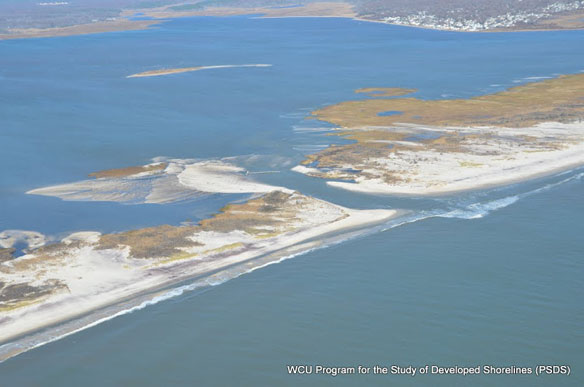
In 2012, Superstorm Sandy opened up a new inlet on Fire Island National Seashore. A video, showing how this storm-formed inlet has transformed water quality in the estuary.
Waiting for the tide to turn: Kiribati’s fight for survival
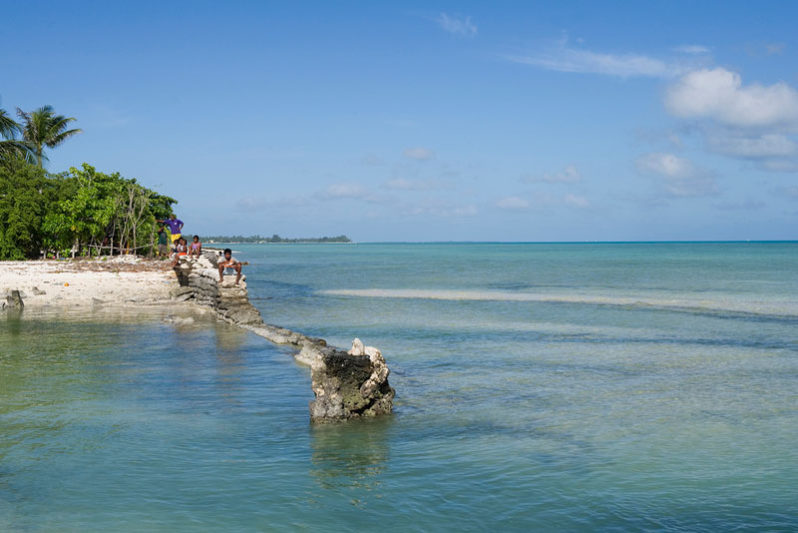
The 33 islands of Kiribati, a remote and low-lying nation in the Pacific Ocean, are under threat from climate change. But the islanders have not given up hope
